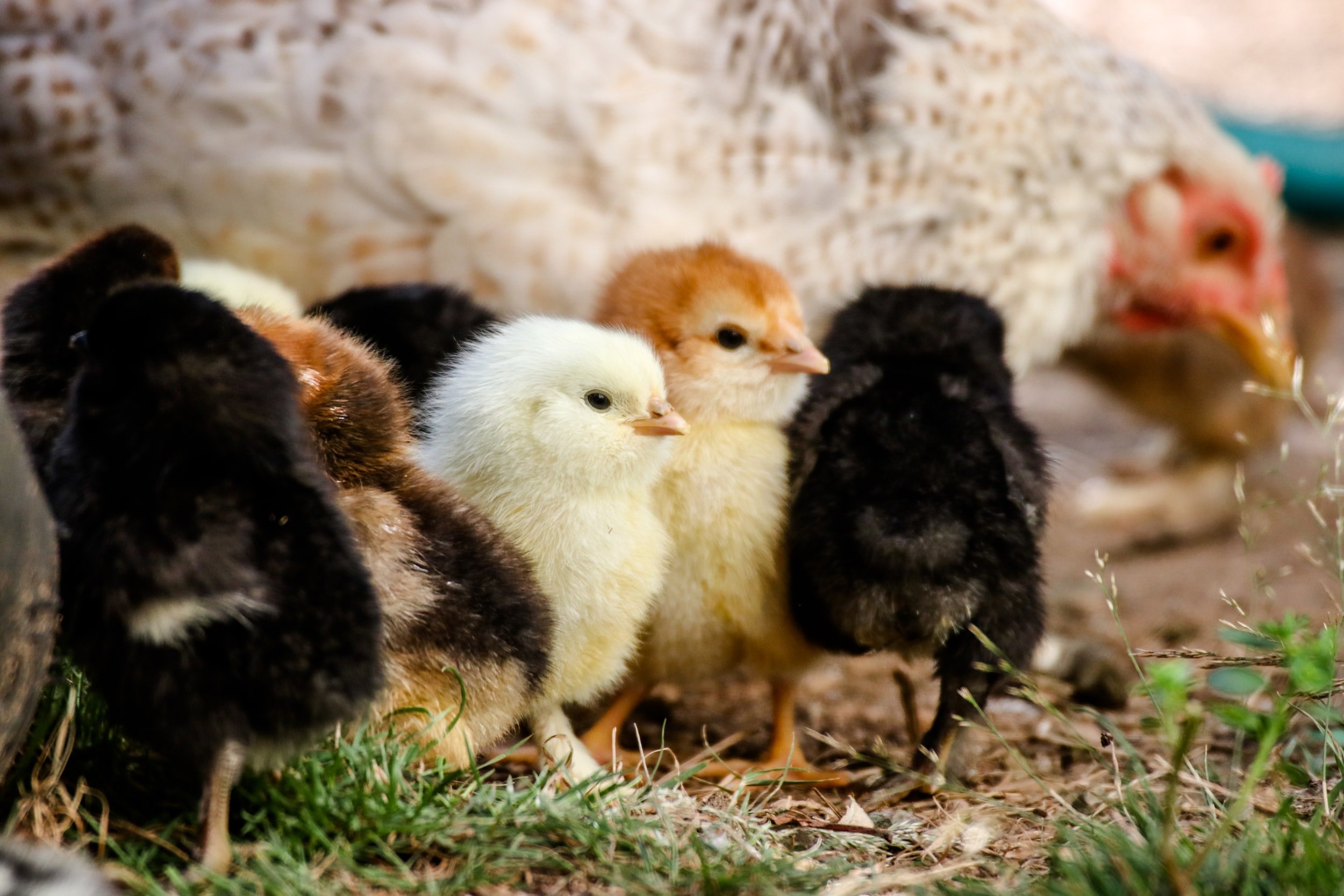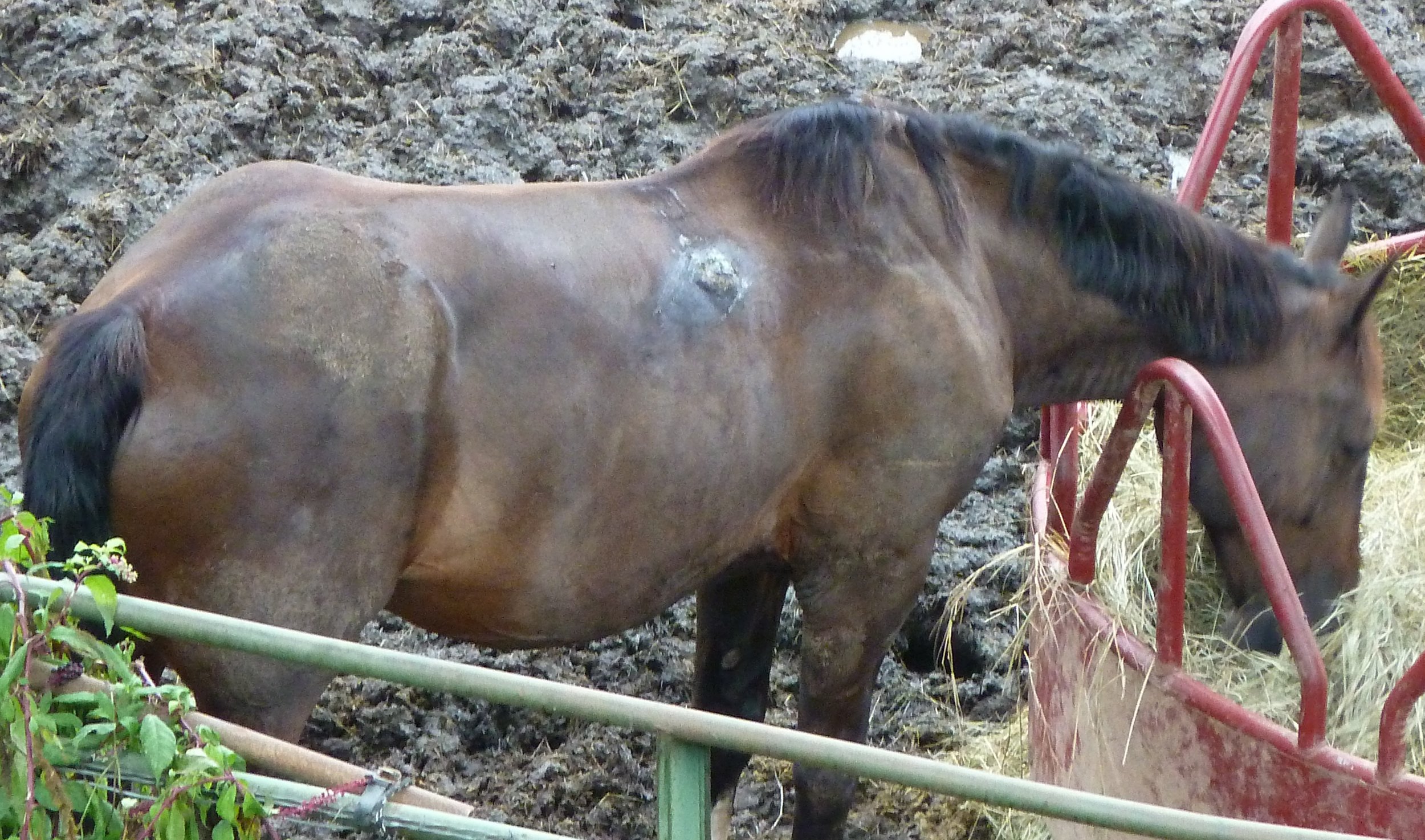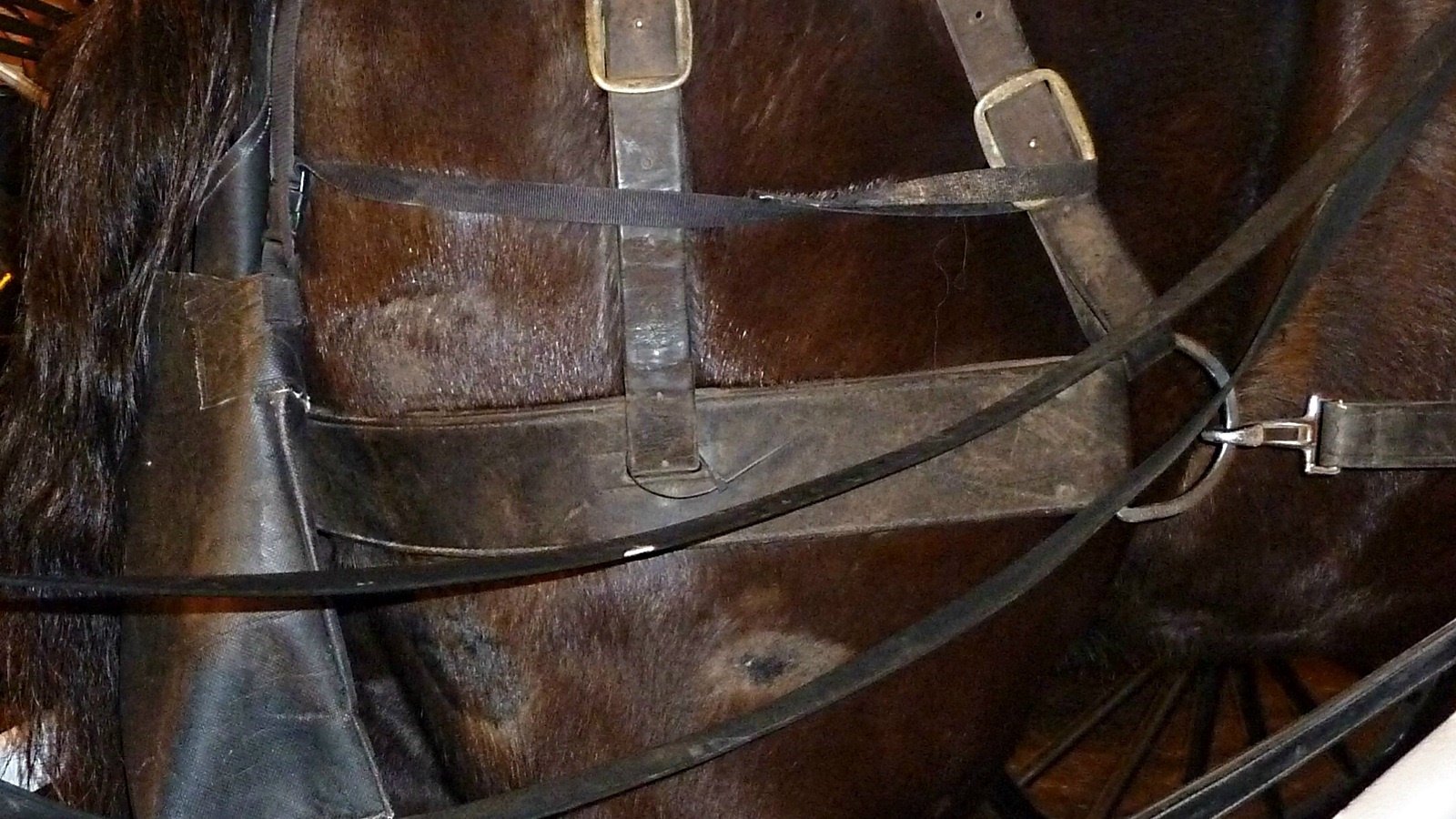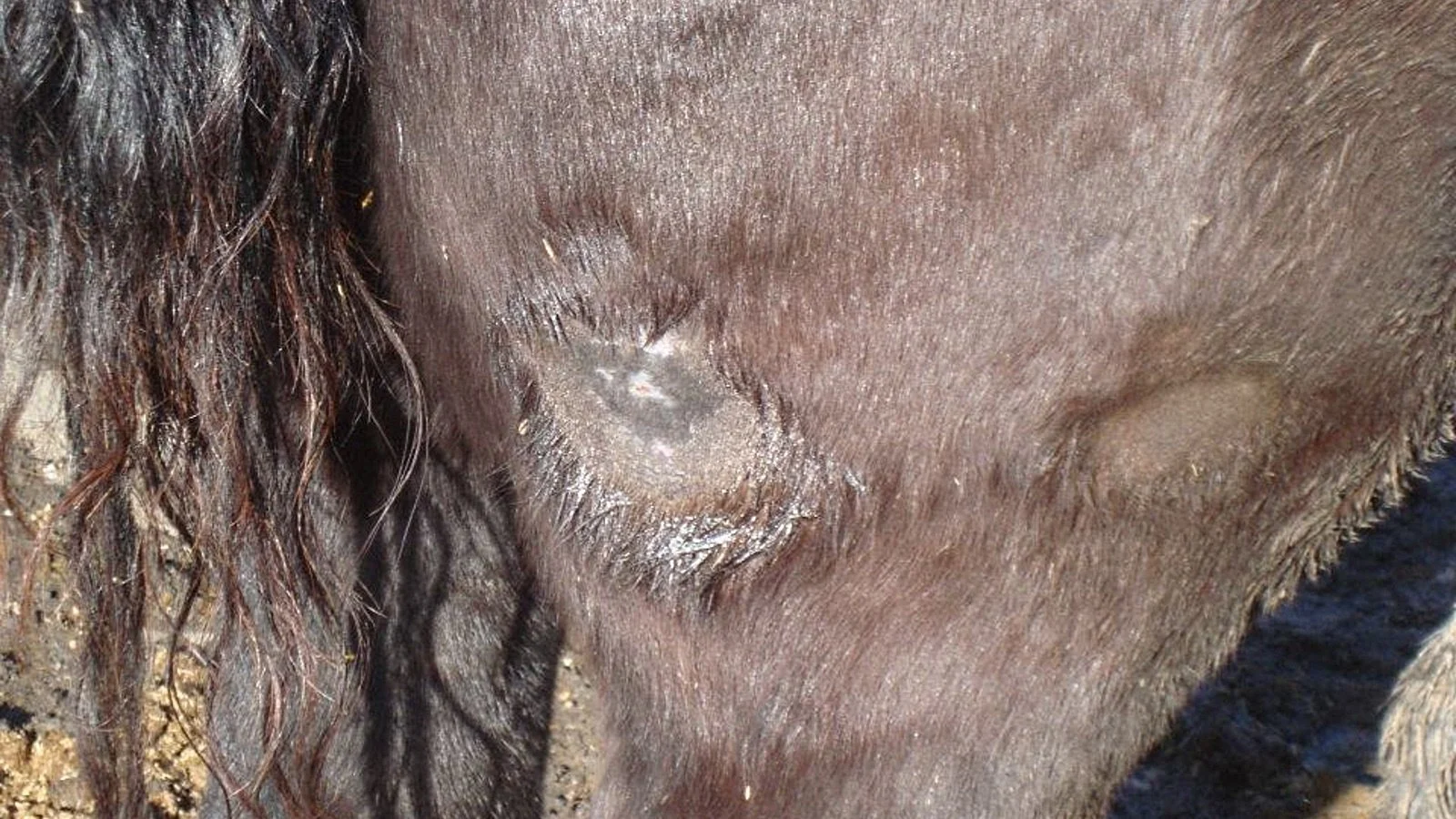
Campaigns
Atlanta Horse-Drawn Carriage Cruelty Exposed
Urban carriage horses are forced to toil in all weather extremes, dodge traffic, and pound the pavement all day long, and can develop respiratory ailments from exhaust fumes, and suffer debilitating leg ailments from walking on hard surfaces; hard roadway surfaces can damage hooves, even when properly shod, causing pain with every step.
Atlanta carriage horses are not properly shod and have been documented being worked with missing shoes, overgrown hooves, burst hoof abscesses, and harness wounds. Atlanta carriage horses are forced to work in unnatural and extreme conditions without even the most basic care. In Atlanta, there is no code enforcement system, and the horses suffer the consequences.
Inadequate living conditions for the horses:
In March 2022, GARP documented the horse’s living conditions at the stable of All Around Carriages, a licensed Atlanta horse-drawn carriage company. Horses were kept standing ankle deep in mud in small filthy pens with no shelter 24 hours a day except when pulling carriages on the streets
GARP witnessed and documented nine code violations. GARP reported the conditions to The Georgia Department of Agriculture and the city of Atlanta and the stable was not cited or made to correct the living conditions. After the release of GARP’s video documentation, which received media coverage, All Around Carriages permanently closed.
Fantasy Stables where Atlanta carriages horses are kept when not pulling carriages on the streets of Atlanta






